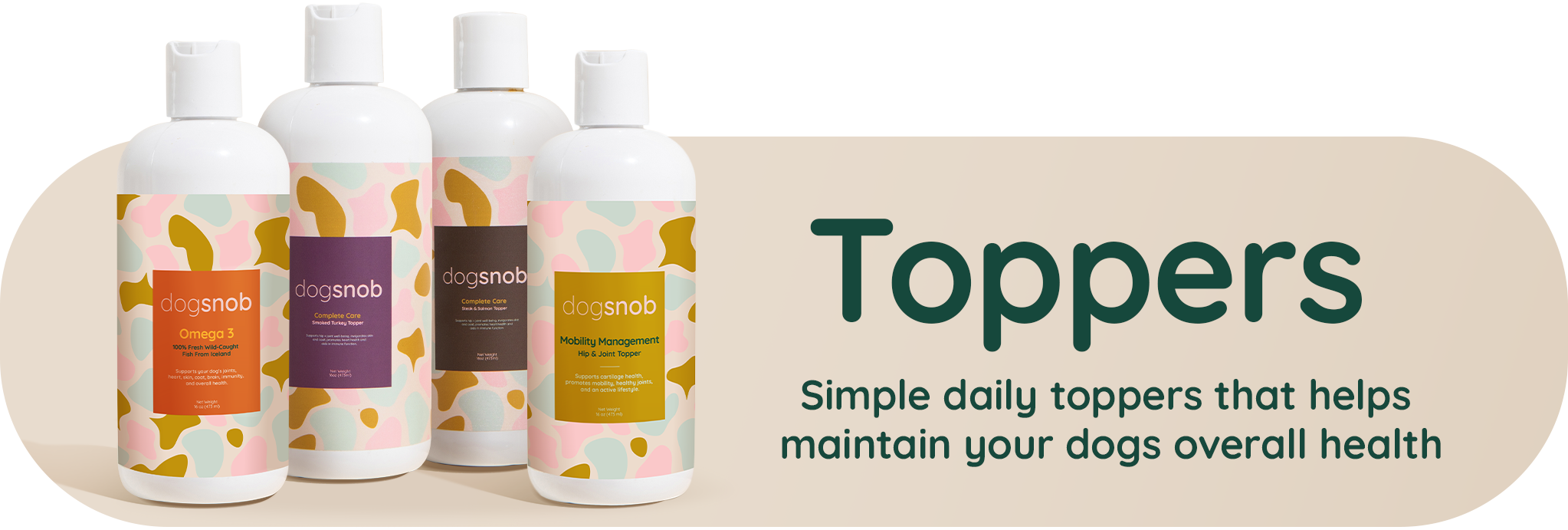Did you find a black spot on your dog’s tongue? Find out what it means, what causes it, and when to be concerned.
Did you get a new pup recently and you noticed that they have black spots on their tongues? Or have you always wondered what those black spots mean? Why do they have it? Should you be concerned? Fortunately, you do not have to worry because black spots found in dogs’ tongues are fairly common. These spots are typically harmless, so there is no need for a vet call.

What are black spots on my dog’s tongue?
Basically, these black spots are part of your dog’s skin and fur hyperpigmentation. Hyperpigmentation is a condition—which is usually harmless—in which the skin produces more melanin in one certain area of the body. In humans, hyperpigmentation is in the form of freckles and sun spots. So in simpler terms, the black spots you see on your dog’s tongue are the canine equivalent of freckles and birthmarks.
Not all dogs have spots though, but some dog breeds are prone to having them. Some dogs are born with few dark spots on their tongue, while others will have a completely black or blue tongue due to their breed. There is really no definitive reason as to how these spots occur, but they just tend to appear during the dog’s young adulthood stage.
What causes black spots on my dog’s tongue?
The black spots are simply hyperpigmented skin—an overproduction of melanin on one specific spot. There is no rhyme or reason as to how these spots occur, and most scientists have not yet figured this one out either. These pigmented spots are completely normal, unless, of course, they start to look and smell different, but more on that later.
Although scientists have not figured out the real reason for the dark spots, they do however believe that it is mostly a hereditary trait. This is because some dog breeds are more likely to be born with spotted or dark tongues compared to other breeds.
Is it normal if the dog is born with a black-spotted tongue?
Yes! This is a very common trait in certain dog breeds! If you really think about it, birthmarks and freckles are also common in newborn human babies, and since we already know that these dark spots are simply skin hyperpigmentation, then it is also common for newborn pups to have black-spotted tongues.

What dog breeds have spots on their tongues
Chow Chow is the most common dog breed known to have a blue-black tongue, but several other breeds will have it too. There are at least 30+ dog breeds that have spotted tongues and are not related to Chow Chow.
Dog breeds that commonly have spotted tongues:
- Australian Shepherd
- Aeirdale
- Australian Cattle Dogs
- Akita
- Belgian Sheepdog
- Belgian Tervuren
- Bichon Frise
- Bouvier de Flandres
- Bull Mastiff
- Cocker Spaniel
- Collie
- Chinese Shar Pei
- Cairn Terrier
- Dalmatian
- Doberman Pinscher
- English Setter
- Flat Coated Retriever
- German Shepherd
- Golden Retriever
- Gordon Setter
- Great Pyrenese
- Irish Setter
- Keeshond
- Kerry Blue Terrier
- Korean Jindo
- Labrador Retriever
- Mastiff
- Mountain Cur
- Newfoundland
- Pomeranian
- Pug
- Rhodesian Ridgeback
- Rottweiler
- Shiba Inu
- Siberian Husky
- Soft-coated Wheaten Terrier
- Tibetan Mastiff
Do the black spots mean the dog is not purebred?
This one is a myth. Most people believe that discoloration in the tongue is a sign that the dog was cross-bred. This is completely untrue, and as a matter of fact, a lot of pure-bred dogs have spotted tongues. It is true, however, that in show dogs, “unexpected broken color” found in the eyes, coat, and even tongue, are found to be undesirable by the judges.
What is surprising though is that it is actually on the opposite side of the scale; meaning that dog breeds like Chow Chows and Shar Peis (the two most common breeds to have dark tongues) with pink spots on their tongues are found to be less desirable by the judges. Not the other way around!

Symptoms and signs to consult a vet
Although skin discoloration and hyperpigmentation are most likely harmless to dogs, there are still some telltale signs that what you are looking at is not actually canine freckles or birthmarks.
If you find a new spot on your dog, pay attention to its appearance. Is it raised? Does it have a hard or rough texture? Does your dog feel tenderness when you try to touch the spot? Does it smell? Is there some sort of puss coming out of it? If you answered yes to some of these questions, then it is best to call your veterinarian and ask for a diagnosis.
It is important to pay close attention to your dog’s health, including their oral health. The two most common oral cancers in dogs are melanomas and squamous cell carcinomas. Melanoma in dogs is aggressive cancer caused by the unusual growth of tumors in the body, while squamous cell carcinoma is a tumor of a skin cell— it is “a result of abnormal growth of the squamous cells in the epidermis.”
The tumors found from these two cancers have the appearance of dark masses on dogs’ tongues and oral cavities. These tumors are usually raised, completely different from the flat harmless hyperpigmentation spots. It is highly recommended that owners take notice of this type of spot when brushing their dogs’ teeth.
Summary
Dogs develop black spots on their tongues due to their breed. The actual reason why this happens is still unknown in the veterinary community but rest assured that these spots are harmless. They are a common product of hyperpigmentation in the skin. The excessive production of pigment or melanin causes discoloration or dark spots on the tongue. Some dogs will have a blue-black tongue, while some will only have a few spots. This discoloration or hyperpigmentation can also be seen on their gums—still absolutely harmless!
The only time dog owners should be concerned is when the spot is raised, rough to the touch, and produces an off-putting odor. When this happens, consult a veterinarian immediately.





